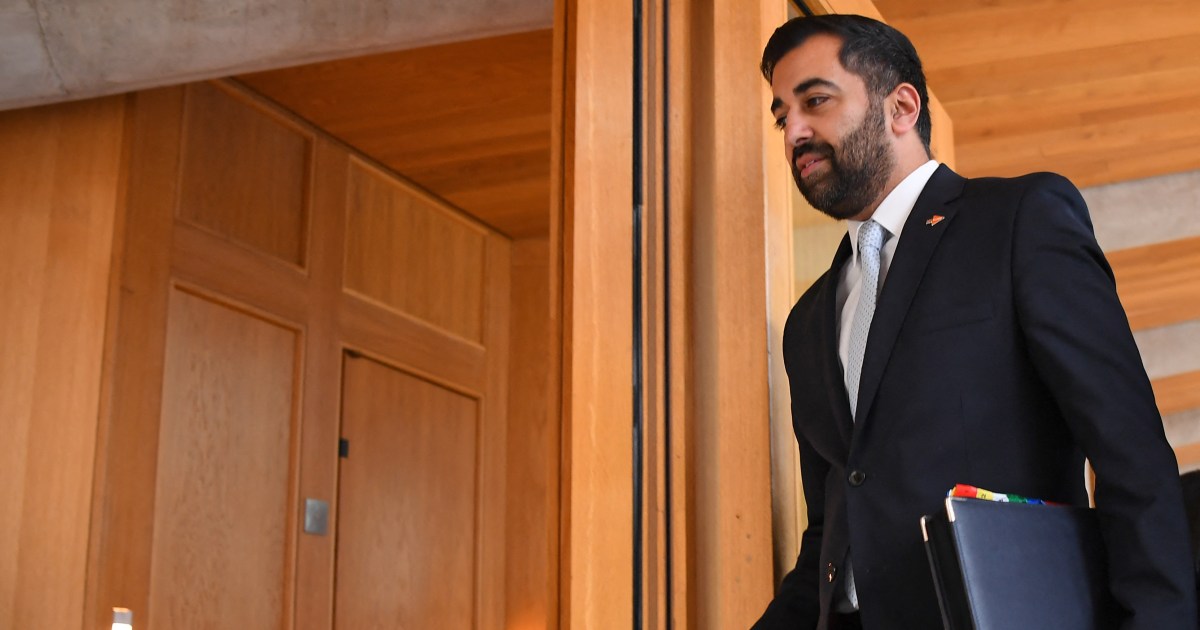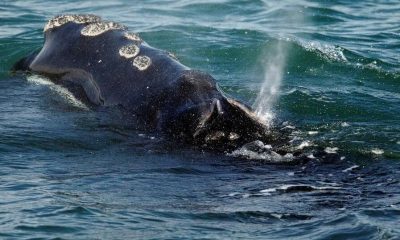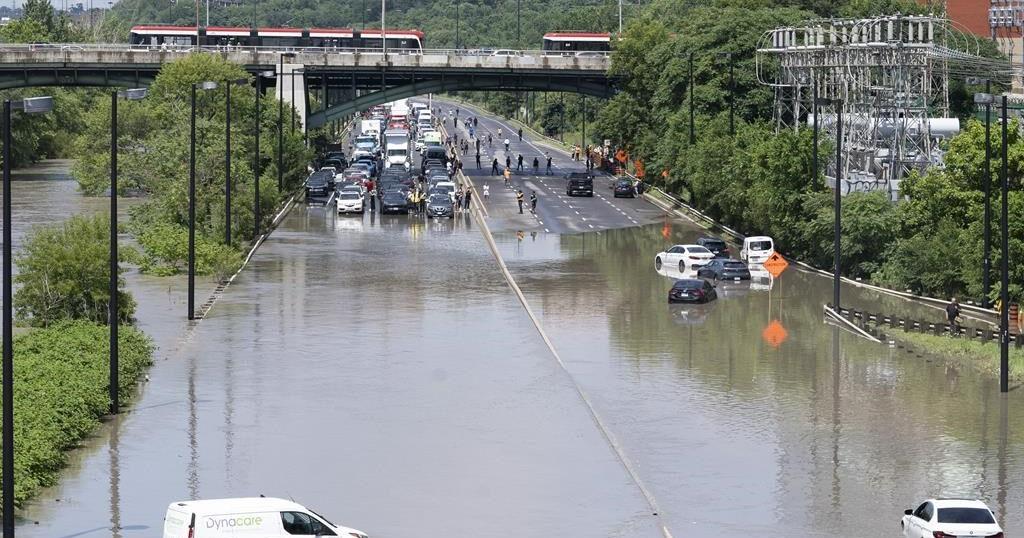Scotland’s First Minister Humza Yousaf has said he intends to fight a vote of no confidence following his decision to withdraw from a coalition agreement and try to run a minority government.
Yousaf, the leader of the Scottish National Party (SNP), has faced growing pressure from his political opponents after he ended a coalition deal with the Greens earlier this week.
“I’m quite confident, very confident, in fact, that I’ll be able to win that vote of no confidence,” he told British broadcaster Sky News on Friday.
A day earlier, Yousaf ended the coalition agreement with the Greens after a dispute over a decision to scrap a climate change emissions reduction target last week.
“It is in the best interest of the people of Scotland to pursue a different arrangement,” he had said, admitting that ruling as a minority government would be “tough” but promising to work with all parties in parliament.
But the move prompted the opposition Scottish Conservatives to say they would lodge a vote of no confidence in the first minister — and almost all other parties, including Yousaf’s former coalition partners, said they would vote against him.
Scottish Conservatives leader Douglas Ross also called Yousaf “a failed first minister”, “weak” and “unfit for office”.
The chapter marks the latest setback for the SNP, which has been hit by internal squabbling, resignations, fraud claims and a fall in support.
‘Act of cowardice’
Green co-leader Lorna Slater called Yousaf’s decision to nix the coalition deal “an act of political cowardice by the SNP, who are selling out future generations to appease the most reactionary forces in the country”.
She said the party would not support Yousaf in a vote of no confidence.
“We no longer have confidence in a progressive government in Scotland doing the right thing for climate and nature,” she said.
On Friday, the Scottish Labour Party also said it wants to lodge a no-confidence vote next week.
“It would be untenable for the SNP to assume it can impose another unelected First Minister on Scotland,” leader Anas Sarwar said in a statement, saying an election was needed to give Scotland a “fresh start”.
With the Conservatives, Labour, Greens and Liberal Democrats all indicating they have no confidence in Yousaf, he would need the support of Ash Regan – a one-time leadership rival to Yousaf who acrimoniously left the SNP last year – to cling on as first minister.
If Yousaf lost, parliament would have 28 days to choose a new first minister before an election was forced.
The SNP-Greens deal, known as the Bute House Agreement after the Scottish first minister’s official residence in Edinburgh, was signed in 2021. It gave the SNP a majority in the Scottish Parliament at Holyrood.































